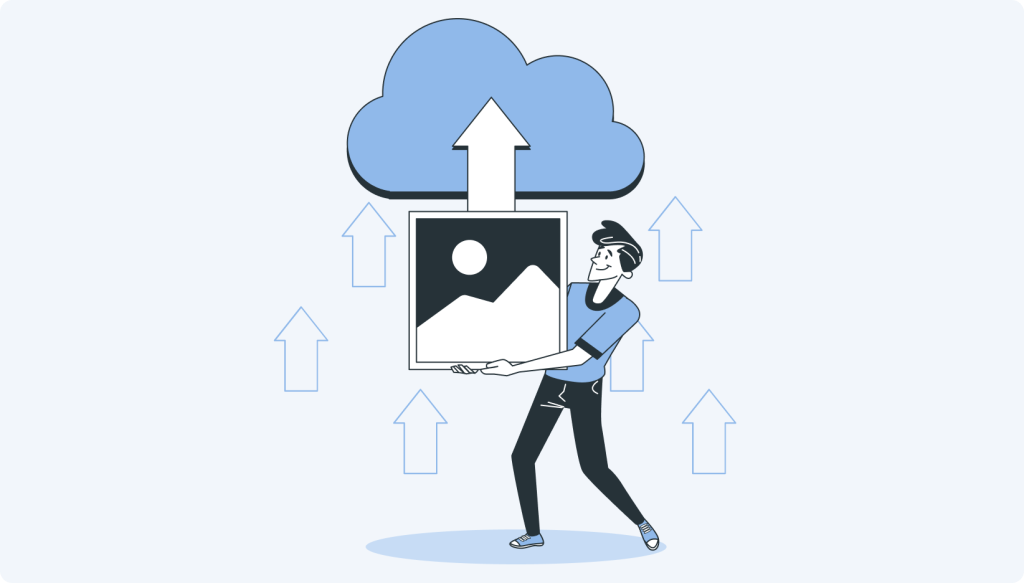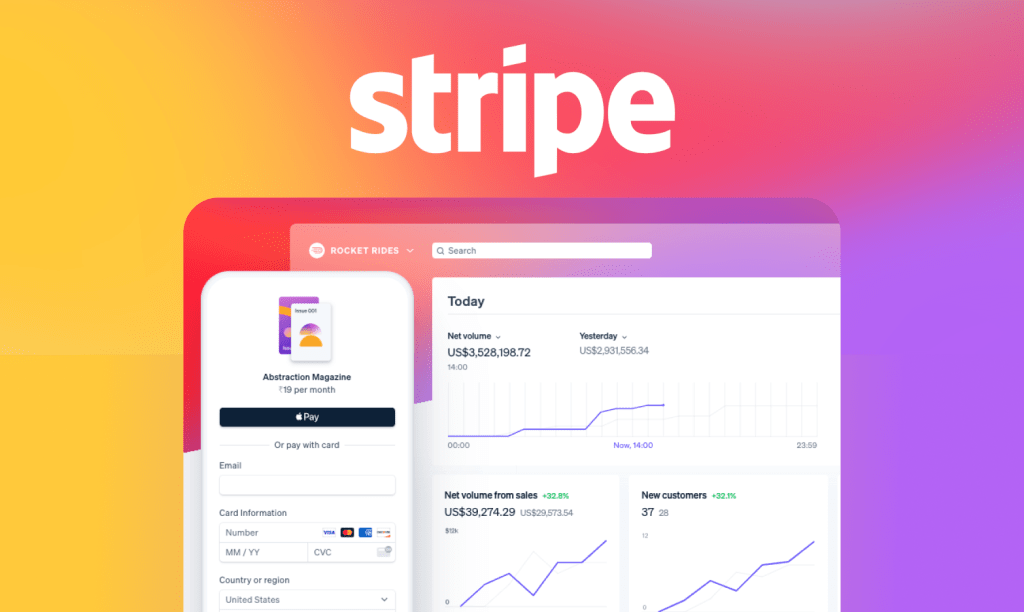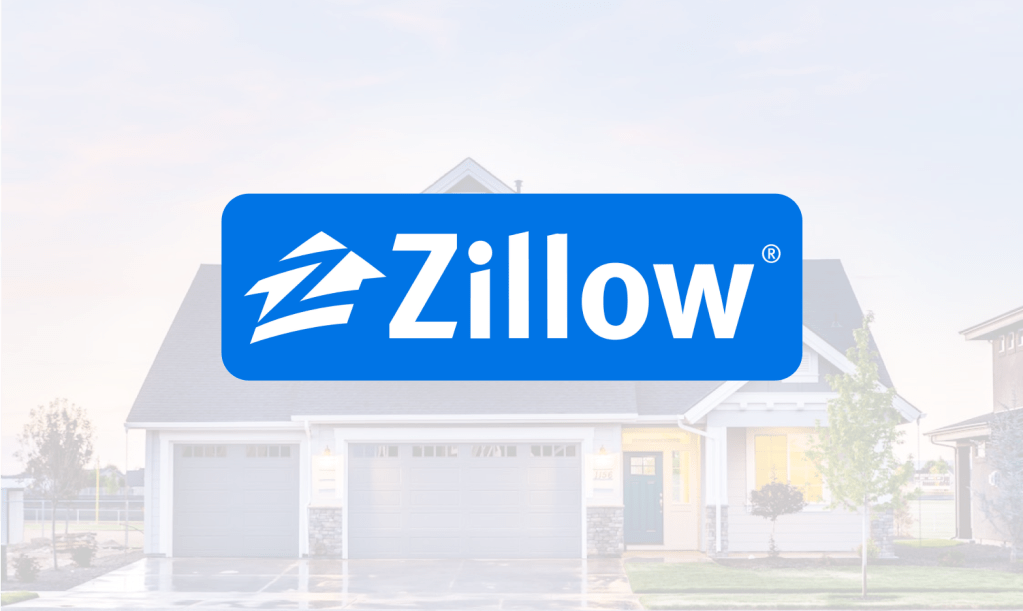Introduction
In today’s business landscape, the adoption of cloud computing has become imperative for organizations looking to enhance cost-effectiveness, agility, and innovation. The cloud services market ecosystem is experiencing significant growth, with a projected worth of $832.1 billion by 2025, according to recent research by GlobeNewswire.
The shift towards cloud has been gradual but global, and when the benefits of having a secure, stable space for storing data were found, the next problem was to select which one suits your needs the best.
With multiple cloud platforms available, the “big three” providers, namely Amazon Web Services (AWS), Azure, and Google Cloud Platform (GCP), are engaged in a fierce competition for cloud supremacy. This article aims to compare these major cloud services and assist businesses in selecting the ideal platform for their specific needs.
Let’s attempt at understanding all three separately, and then indulge in dissecting through a comparative analysis which one would be the best option for you.
What is Cloud Computing?
Cloud computing refers to the delivery of on-demand computing services such as storage, processing power, and applications through the internet. Instead of investing in physical infrastructure, businesses rent cloud-based services from third-party providers, paying only for what they use. This approach offers advantages such as cost savings, flexibility, rapid innovation, agility, enhanced security, and increased efficiency.
Also read: Top 5 Disruptive technology trends to look out for in 2023-2024
An Overview of the Big Three Cloud Platforms: AWS vs Azure vs Google Cloud
AWS (Amazon Web Services)
AWS, a division of Amazon.com, Inc., is the dominant player in cloud computing platforms. With over 200 fully functional services, AWS caters to a wide range of users, from individuals to large enterprises. It is a secure cloud platform offering content delivery, database storage and the power of compute, to business and personal owners. In lieu of the exponential success witnessed in this sector, it can be said that AWS gives users the ability to build complex, scalable applications with the help of AWS cloud solutions and products.
To put it in layman’s terms, Amazon web services are essentially an aggregate of Cloud Computing services, which allow the users to kind of lease out their services. This in turn creates a seamless roadmap for several business models. There are several who allow AWS to help websites function, keeping in mind factors such as storage, efficiency, cost and security. Notable customers of AWS include Netflix, Airbnb, Coca-Cola, and Expedia.
Microsoft Azure
Microsoft Azure is the second-largest cloud management platform, offering more than 200 services. Azure is especially well-suited for Microsoft-centric businesses, providing seamless integration with Microsoft software and catering to over 95% of Fortune 500 companies. With its exceptional capabilities to handle the cloud infrastructure it is a close competitor to AWS.
It helps with the seamless interoperability with data centers; with the hybrid cloud being a strong feature. With there being hyper-focus on Azure, it is catalytic in being able to bridge the gap in the legacy data environment. This is further made possible with the feature rich and easy to scale Microsoft cloud. Another reason it makes sense to use Azure is because a lot of applications of how tightly Azure integrates with different applications. Starbucks, HSBC, and Renault are among the notable Azure customers.
Google Cloud Platform (GCP)
Google Cloud is a computing services provider which works to deploy, develop and operate multiple applications. While there are features such as Google Workplace that serve as application host, the main purpose of a GCP service is to build and maintain new applications, which would then be published across the web, making use of hyperscale data center services.
It can further be added that GCP acts as a subset of Google Cloud, encompassing over 100 services across various domains such as big data, networking, and computing. Google’s cloud platform is recognized for its affordability, privacy, security, and machine learning capabilities. Toyota, Spotify, and Target are prominent users of GCP.
So now that you have knowledge about all the different kinds of clouds, it is essential to make the right choice according to what fits your specific needs.
Key Factors to Consider While Choosing the Most Suitable Cloud Platform for Your Business
Availability
AWS has the largest number of availability zones globally, followed by Azure and GCP. The availability of data centers and regions impacts performance and redundancy capabilities. We know that AWS was the first cloud system to get developed. This means they have had that much more time to expand and develop their network further. AWS has over 60 availability zones, with more than a decade on the way. On the other hand, Azure has over 50 worldwide regions and is available in more than 140 countries. GCP or Google Cloud Platform is available in over 20 regions across the globe.
Market Share
AWS holds the largest market share (33%), followed by Azure (22%) and Google Cloud (9%). Market share can indicate the popularity and reliability of a platform. As reported with statistics from 2021, the earnings made by AWS were US$13.5 billion, Azure cloud was at a humongous US$17.7 billion, and Google Cloud ranked last at US$4.05 billion respectively. This shows the kind of market standing they each have, and this could be a huge factor in your decision.
Compute, Storage, and Networking
Each cloud platform offers its unique compute, storage, and networking services. AWS provides Amazon EC2 instances, Azure offers Virtual Machines (VMs), and GCP provides Google Compute Engine.
Services Offered
AWS offers the most extensive range of services (around 200), while Azure and GCP provide approximately 90 and 200 services, respectively. The specific services required by your business should align with the offerings of the chosen platform.
Pricing
Pricing structures vary among cloud providers. AWS, Azure, and GCP offer calculators to estimate costs accurately. Google Cloud tends to provide cost-effective options to attract customers.
Ease-of-Use
AWS offers a user-friendly dashboard and comprehensive documentation. Azure provides a centralized location for user management. Google Cloud offers explicit guidance and an organized dashboard for ease of use.
Hybrid and Multi-Cloud Computing
All three providers offer tools to support hybrid and multi-cloud environments, providing flexibility to businesses with specific needs in this area.
Now that we have understood some features of the three kinds of major cloud service providers, we can delve into understanding through a comparative analysis, which of the three could be most beneficial for one kind of project. There’s no right or wrong here, it is just about selecting what suits your specific needs at that point in time.
Also read: A Quick Guide to Custom Software Development
Let’s have a comparative analysis of the three to see their qualities side by side
What is the best one for you?
While it is a no-brainer that AWS is the leader in the sense that it has been around longer, had more time to develop its features and become a more useful entity to the possible users, there is no denying the fact that Azure and Google cloud have their own set of advantages. It all boils down to what is best for your project. All the above discussed factors can be the perfect parameter to determine what would be the best choice for your organization.
Conclusion
While AWS currently leads the industry, Azure and Google Cloud are rapidly expanding their services and capabilities to compete with AWS. InfoStride is equipped with the latest cloud computing technologies to ensure that your project receives undivided attention and the right kind of support to excel in the ever-growing market. Let’s connect to find out what works best for your business. We can focus our energies on providing clear, crisp, and tangible solutions for your variety of cloud requirements.
THE AUTHOR
mohit











